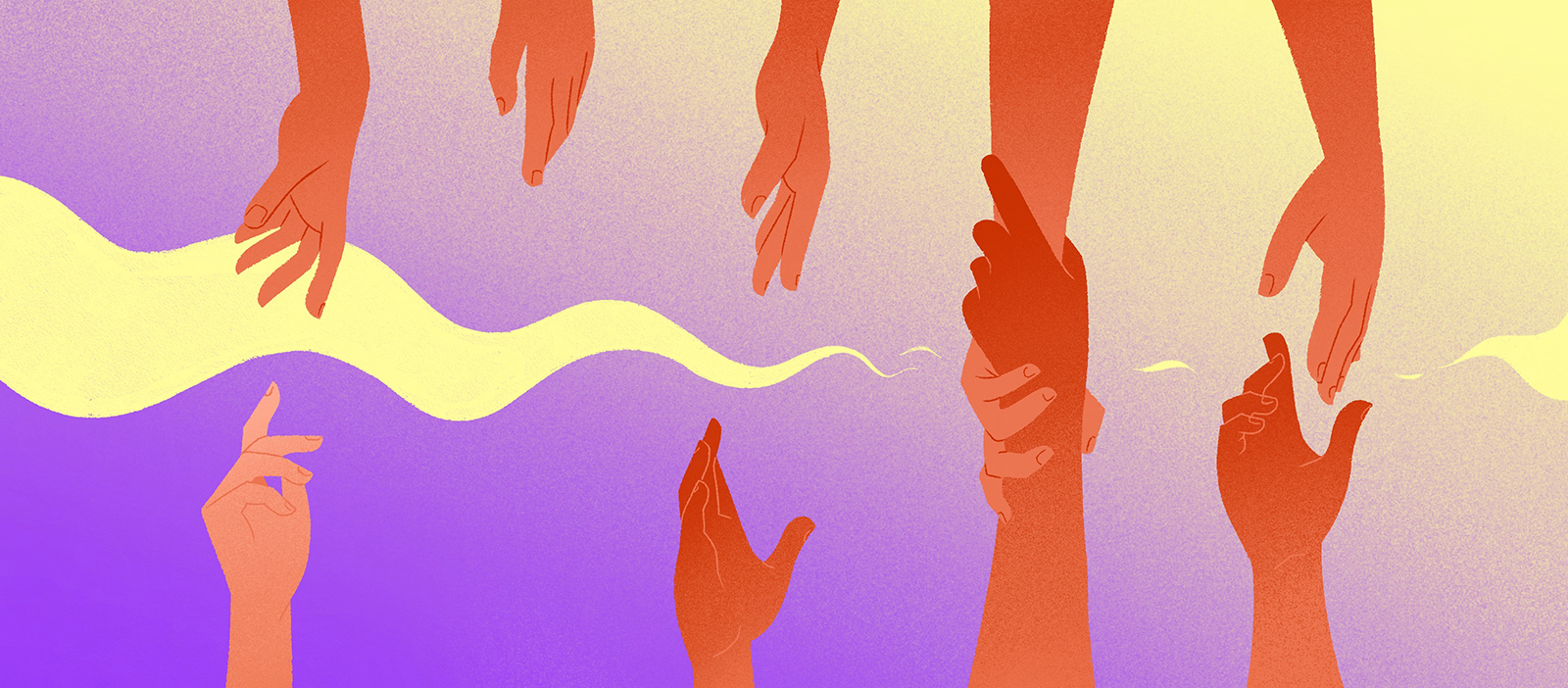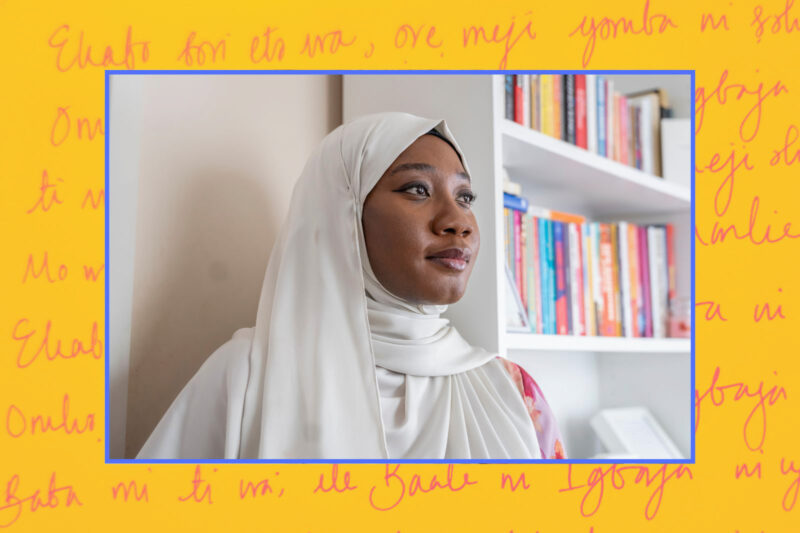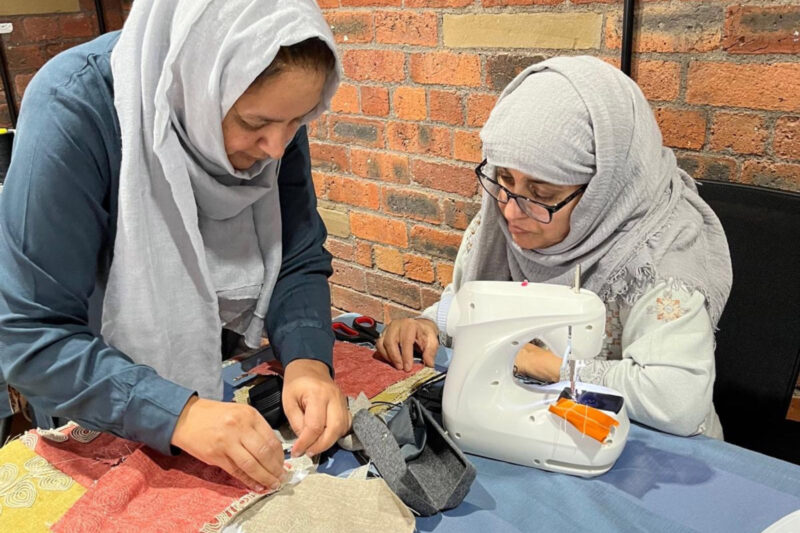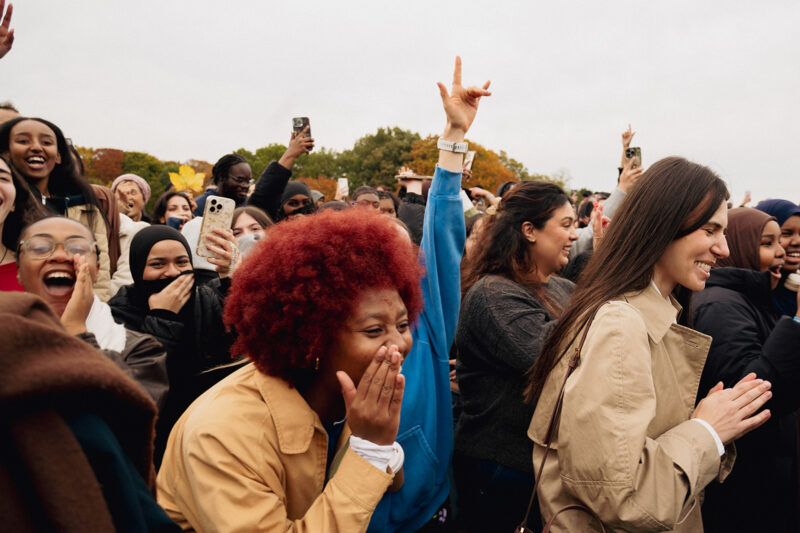
Some friendships last only a season, while others bloom with a lifetime of possibilities
As we age our lives naturally become littered with former friendships, but how should we process this loss?
My 30s are littered with the gravestones of former friendships. That sounds dramatic. But in many senses it is sadly true, and it is a reality I have been doing my best to grapple with over the past few years.
I turned 30 in the midst of Covid pandemic lockdowns, celebrated the turn of the decade alone in a quiet Parisian apartment, watching video messages from loved ones around the globe. Thirty is a strange birthday for millennials. Somehow many of us grew up believing the story that life “ended” at 30, that we were leaving behind not only our youth, but our vitality, our relevance, our very way of being. We weren’t quite sure how to age.
But time has that unique quality of continuing to pass, no matter how much you might want to slow it down or stop it entirely. As my 30s plodded on, the anxiety of getting older faded to a background hum, and I began to notice how the shape of this decade was distinct from the ones that had passed before.
Not every friendship ending is a terrible thing; some relationships are for a season and seasons are wont to change. My friendships evolved naturally, as people moved away, switched jobs and shifted priorities. Often in these losses there is a sadness that things aren’t what they used to be, but a lingering love and grace that remains, a sense that for a brief moment there was joy and care, and now there are the memories.
Other friendships came to pass more bombastically, shall we say. These are the harrowing endings, the ones where a dynamic that was once accepted is no longer bearable, where the growing pains can prove to be too much. I put my hand up and take responsibility for my own part here. There were many friendships I settled into when I first moved to London, then to Paris, then back to London, which I slid into primarily for the sake of companionship. That in itself is no bad choice, for loneliness is a terrible thing. Only I found myself accepting all sorts of behaviour to avoid the sharp sting of solitude’s whip. I allowed myself to be treated in pitiful ways, and made excuses for dynamics that made me feel small. At some level, I told myself that this was easier than the alternative. But as I aged into my fourth decade and began the exercise of naming my feelings, my needs, my hurts, I began to learn that not all relationships are built on solid enough ground to withstand my whole self.
Yet I’m still not sure how many of these changes in friendship circles are related to age, or instead the very real impact of lockdowns. I wonder, where is the collective mourning, not only for those who died or were affected by illness, but for the many millions of us who left versions of ourselves on the other side of the decade? The majority of people I know have a pre- and a post-lockdown sense of self, but we don’t have language for this transformation.
We simply didn’t see each other for months on end and then came back together questioning why we didn’t quite fit as we used to. So, as my 30th birthday coincided with this world-changing event, perhaps it’s no wonder my friendships took a hit, too.
But then, there are the friendships that surprised me with their strength, with their resilience, and the transformation that occurred when I chose to invest in them. That has been the revelation of friendships in my 30s. Showing up as my full self in these relationships has often been a scary endeavour, requiring a level of vulnerability. But the results have been wondrous.
Yes, there are gravestones, but there are also acres and acres of flourishing fields, blooming with the fruits of honesty, love and care. Within those fields, possibility thrives.
Possibility of imagining new ways of living that don’t quite look like our parents’, but aren’t quite the world of sitcoms either. Ways of living that include but do not centre on only the heteronormative marriage or the nuclear family unit. For example, living with friends until we grow old, not only until we move out to the suburbs. Or sharing caring responsibilities with those we choose, not only those who are relatives.
My blood family is scattered across the globe like confetti, so the idea that we could all live together in the same block seems like an unimaginable fantasy. But what is more achievable is the idea of creating the “post-extended family” unit in the urban, dense city environments so many of us cherish — to reimagine life with friendship at its centre.
 Newsletter
Newsletter













